the map is not the territoryAllowing ourselves to function inside an organizational silo is just as detrimental as being exiled or excommunicated. If we are exiled, we will never know the territory of relationship and shared understanding. If we are siloed, we will remain beholden to a static map (or a small piece of it) in a dynamic, expanding universe.
It is through creation, improvisation and consideration of the abstract that we find meaning. It is through meaning that we are connected to others. It is through those connections that we may see the bigger picture. Unless we are working in concert with others, we may never know the sweet reward of lifting each other as we climb. If you don’t occasionally return home from your vision quest — to rest and distill what you’ve seen — your mirror will remain clouded and unable to reflect or recognize the beauty and potential in those other sojourners along the trail. If you are not committed to meaning-making, to engaging in the creative process, to dancing and singing and telling your story, you will find yourself stuck, paralyzed, holding on too tightly to brittle outdated maps that crumble in your fingers, or flying in a circle because you have only one good wing. When the components within the individual are harmonized, and the individual is in harmony with the community, communities can create unlimited meaning and value. They can export and translate that meaning to the world beyond. The hallmark of any great organization lies as much in their poetry as in their treasure maps. While the innovation opportunity may be in knowing how these maps and resources fit together, it’s the spark of creativity that resources the world.
0 Comments
creativity as exportWhether or not you are using creativity in your business, every organization creates.
They create products, processes, ideas, artifacts, meaningful works of art, and masterful communication. Every business puts something new in the world. Every organization delivers some kind of value. Therefore, every business finds itself in the role of exporter — shipping ideas, processes or products that have a reach beyond the immediate tribe or community. Every business relies on their exports — things that speak to the tribes outside their own — to feed them. Ideas are currency. Value is a transaction. Sometimes, as a member of a community or tribe, you may feel sick, sad or angry. You may feel depressed or like you don’t “fit” in ways that you can’t describe. Most organizations have a medicine man (or woman) on salary and standing by that will happily invite you into their tent, cubicle, office or clinic and perform the ritual of healing, reconciliation, grounding, or coherence. They will most likely administer a series of questions, a bitter dose of truthful medicine, or possibly send you outside the organizational borders on a vision quest for meaning. Sometimes those who are seeking (inside or outside the organization) are following the breadcrumbs of a personal development plan. Sometimes they are following road signs and looking for landmarks. Sometimes, they are fighting in the foam with the sea monsters at the frayed edges of the map – pushing the envelope where there is no established process. Those on the path of mastery have always known how to lean into the turn and embrace the plateaus. performanceTheater and performance is yet another way an organization can express and create together. Groups can act out the stories they’ve told or written as a play or a skit, staging them for the world to see (either in person or on-screen).
Through physical embodiment – “presencing” (pioneered by Brazilian drama theorist Augusto Boal) or constellation work (used primarily in therapeutic settings) a group can move through space and time, acting out with their bodies the roles of values (such as “teamwork” or “honesty”) or dynamic forces (such as “disruption” or “innovation”). At a 2019 conference of Visual Practitioners in New Jersey, I was shown this method for the first time. The team used their bodies as sculptures to act out a problematic process in the organization. After participants were assigned to represent the various stages of the serialized assembly line of bureaucracy, the facilitator said, “OK. Show me your stuck.” And, there in the middle of this process, one volunteer froze up, looking like they had been magically turned to stone, and visually representing the bottleneck and inefficiency the group was experiencing. Everyone fell out laughing, but they all agreed that was indeed where they were stuck. They then had a productive conversation about how the handoffs could be improved and what they were missing. Playing out these ideas allows the organization to literally see where they are stuck or where group conflict may arise. Great leaders in organizations can teach and train all of these creative skills. They will excel in scaling and amplifying these gifts. Great leaders train entire communities in holding the crayon and learning to doodle, creating sigils, erecting iconic flags, painting murals, devising visual gameplans, orchestrating performances, bravely standing in the spotlight and coaxing the first musical notes from trembling lips. With the spark and soul of creativity, organizations can make meaning as a community. They can mark their territory, stake their claim and learn how to communicate more effectively. Co-creating in a space together allows the organization to grow, explore, love, innovate and achieve like they never have before. visualsOrganizations can also create through visual communication and the use of symbol, pictograph, sigil, mural and cave painting. They may use whatever tools they have on hand: ink, stone, textile, television, or Instagram.
The visual medium might allow us to do many things – solemnly reflect and contemplate in a hushed “gallery” setting, gain mutual understanding of the game plan devised on the locker room whiteboard, rally beneath the flag or behind the crested shield of our warring tribe, or identify teams by the marks and colors they wear. The practices of graphic recording and graphic facilitation allow us to use the blank walls of our workspace as a canvas – providing visual feedback in real-time as we brainstorm, collaborate, make decisions, tell stories, or develop strategies. musicAn organization’s creativity can also be expressed through song.
If we entertain this metaphor, then communities may “raise their voices” together in unison, adding harmony to melody, and weaving audible threads together to create sonic tapestries. An organization can soothe the weary by singing a lullaby, it can lure or seduce explorers (curiosity-seekers) onto the rocks, it can vigorously chant a mantra or fight song (to inspire and motivate the team), or it can put on a show for the public — a concert performance featuring rock-star voices and an all-star cast of amazing team members. When a group “sings” together — literally or figuratively combining different chordal combinations with lyric and tone — it is planting a musical flag in the ground that says, “We stand together as one voice. We are on the same page. We are saying the same thing. And, we believe that saying it together matters.” sTORYTELLINGOne expression of the creative flame is the art of storytelling.
If we imagine the organization as a group of adventurers having survived a recent and harrowing ordeal, the group might next settle into their encampment and position themselves around the fire. They can call on newly-created, shared memories in order to conjure stories, myths, fables, legends and metaphors that are endemic and unique to the tribe. These stories are then passed on from one person to the next, sometimes becoming more incredible. They are even passed onto future generations. (Most of us have heard that “back of the napkin” story of the company's founding – or landing that big investor – that gets more sensational with each telling.) The stories an organization tells are directly informed by the belief system they have about themselves, one another, and the world around them. They are stories about heroes and exemplars, villains and tragedies — mythic portraits of the organizational cosmos. These stories have the power to break or reinforce behavioral patterns that define an organization’s culture. In Building a Story Brand (2017), Donald Miller compares the journey of the end user (or customer) to the protagonist in Joseph Campbell’s famed “hero’s journey.” Most businesses consider themselves to be the hero, flying around and fulfilling everyone’s needs. Miller says, however, that the organization is best viewed as the mentor, guide, or oracle that appears to reveal a secret, share tools or insights, minimize risk, add value, and assist the hero in accomplishing their quest. What happens when one of these organizational stories (or myths) travels outside the castle walls or the confines of the memetic bubble? Life on the inside of an organization sometimes doesn’t make sense to someone with a different cosmology or set of values. So, the stories that organizations tell the outside world are coded transmissions that require translation (through spoken language, marketing messages, or cultural training/onboarding). CREATIVITYIn Matthew Fox’s Creation Spirituality model, the via negativa is directly followed by the via creativa. It would stand to reason that an organization experiencing an intense period of grieving or “storming” (think industry disruption, bankruptcy, merger/acquisition, global pandemic, etc.) would eventually find itself on the path of birthing and creativity. Together, this group would begin the work of synthesis, recovery, language- and process-building, and begin to create something new. This collaborative work would take them to a new level of meaning-making that transcends and includes its previous iterations (values, culture, systems).
When groups of people make meaning together, they are opening themselves to one another in brave and important ways. They are sharing the white hot spark that flickers inside each of them. They are pointing the mirror of the self at one another in an effort to be seen as a reflection of the whole. When groups embark on this creative path together, we can see how that spark is amplified into an all-consuming flame – a vision or mission that ignites the group with a positive, healthy obsession and provides a new Guiding Star to which they can navigate. cyclesThere are many maps and models of human development that illustrate how individuals function in relation to their community — and how they co-evolve.
Spiral Dynamics, published in 1995 by Don Beck and Chris Cowan, provides a glimpse at how communities and their values unfold in stages — from magic (tribal) to mythic (literal) to mental (modern) to integral (post-modern) and beyond. In 2018, we saw the emergence of memetic tribes — the idea that increased cultural fragmentation has made it impossible to describe people (particularly in America) in categories of left/right or red/blue. Each of these tribes or communities exist in a digital bubble that reinforces their biases and beliefs and goads them into responding to various manufactured crises. In some cases, it’s secularization (and the crisis of meaning) or atomization (and the crisis of belonging). For others, it’s stimulation and the crisis of sobriety. But every tribe has a battle to wage, and they mean to win it. Unfortunately, soon after this phenomena reared its dangerous head, we experienced a worldwide pandemic that saw people hunkered down in their homes and reinforcing these digital bubbles with the unforgiving brick and mortar of cognitive bias and propaganda. Some of them have still not emerged. From 2010-2020, I led an interspiritual community and became involved in the global interfaith movement. I traveled the world speaking about the future of spirituality and the peace-making potential of interfaith dialogue. I saw first hand the plight of people committed to personal and social transformation. I witnessed those doing the sacred work of pulling people out of their filter bubbles and bringing them to the table for actual conversations that would transform hearts, neighborhoods, and communities. The four paths of “Creation Spirituality” were made popular among Progressive/Mystical Christian circles in 1983 when Rev. Dr. Matthew Fox published his book, Original Blessing. The paths are as follows:
Like the four seasons of the calendar, this wheel is one of many religious lenses (Eastern, Western, Native/First Peoples) with which we may view community cycles through time. These wheels, models, and metaphors are how members of the community know it is the right time to plant, harvest, grieve, and celebrate. Whichever maps or models you are using, this shared vision of the world is the cosmology of the organization – how it views the universe. This is where I remind you that all organizations are cults – with their own beliefs and values. I’ve helped countless businesses write their core values, identify the behaviors that support those values, and profess publicly what they believe. And I’ve done it long enough to know that this is what William James meant by the “inclusivity principle” and what Ninian Smart meant by the “Doctrinal Dimension” in his book Dimensions of the Sacred. These beliefs hold groups together. There are many other maps of specific processes that move through time. Some examples include:
In my consulting life, the most well-worn of these has been Ichak Adizes’ Lifecycle of a Business, which we delve into here. And, there are meta-theories (theories of everything) such as Integral Theory (popularized by Ken Wilber in 1995) or the Theory of Process (laid out in Arthur M. Young’s The Reflexive Universe in 1976) that attempt to explain how all of the theories and metaphors throughout time fit together. One thing all of the models share is a holistic kind of symmetry that balances the outer, empirical world with the inner, subjective experience; and draws a straight line between the conditions for change in the individual and the broader evolution of groups or communities. Organizations are made of people. They are microcosms of a larger social body. These groups perform and behave in distinct (and sometimes predictable) ways. They can be businesses, families, collectives, cults, or nations. It could be argued that all businesses are cults, but that’s another topic for another time.
These organizations are so complex that we have turned to metaphor in order to comprehend and understand them. In his 2006 book, Images of Organization, Gareth Morgan writes, “Metaphor is often regarded just as a device for embellishing discourse, but its significance is much greater than this. The use of metaphor implies a way of thinking and a way of seeing that pervade how we understand our world generally. For example, research in a wide variety of fields has demonstrated that metaphor exerts a formative influence on science, on our language, and on how we think, as well as on how we express ourselves on a day-to-day basis.” Whether an organization identifies as a machine, a hive mind, a band of pirates, or a party of explorers, they must find a path to trust and cohesion as they seek to achieve and face the unknown together. The cultural hallmarks of any functioning organization (or community of people) are how they communicate and what they create together — from music to meaning to marketing plans. At Illustrious, we’ve claimed to be the Leader in Team Alignment since 2022. We know what it’s like to turn the pain of transformation into the adventure of a lifetime. We’ve seen first-hand the amazing results that our clients get by working with us. And we always find it difficult to explain them to people who are curious about what we do – or curious about whether engaging us would be a good fit. So, during our recent 2024 Power Visioning Retreat – where we took a look back at what we accomplished in 2023 and imagined what we will accomplish in 2024 – we asked ourselves the question, “How are we specifically contributing to Team Alignment?” After exchanging some quick blank expressions, we got to work brainstorming the process we see our clients go through all the time – as they move from confusion to clarity, or from a milk crate full of tangled cables into a compelling and well-organized stage show. THE ILLUSTRIOUS FORMULA FOR TEAM ALIGNMENT:
EVOKING CURIOSITY
What usually happens first with the teams we work with is they are somehow exposed to the visual tools and frameworks we use at Illustrious – whether that’s graphic recording, The Grove’s Strategic Visioning or Team Performance models, or the various visual frameworks found in Gamestorming or Liberating Structures. Either way, there is a ‘Woah!” moment that leads to curiosity. This curiosity can look like excitement or skepticism. And while we’d prefer everyone be excited right away, it’s OK for the team to be skeptical in the beginning. One particularly resistant client said, “Hold on! We’re deciding our strategy based on cartoons?!” Few people have experienced the science of visual thinking proven out in a business environment. Few people have been through a process that starts out as stickies on the wall, moves into tension and groaning and pushback, and ends up as humans witnessing each other and hearing each other without judgment. But each small win helps make the process easier for even the most resistant in the room. INTEREST Next, the visuals tend to create a focused attention. People lean in, either to learn more about the tools (usually posters on the wall or canvases in apps like MURAL), or to pick them apart and tear holes in them. It matters little to us, as long as they’re leaning in and engaged. At this point, either in the spirit of herd mentality (agreement) or pushback (disagreement), we see two camps emerge – “I’m interested in learning more” or “I’m interested in proving this wrong.” Again, the group’s interest and engagement is what matters. Once most fears are addressed, defensiveness is taken down a notch, and people are assured that no one wants to do their job for them, the group usually starts to lean in the same direction. ORIENTATION This is when the fun starts to happen. I liken this stage to a pile of metal shavings being activated by a magnet. Slowly, and one by one, the shavings will start to wiggle and vibrate. Then, they turn in the same direction, sometimes piling on top of or crawling over each other in order to answer the pull of the magnet. And, suddenly, in a rush, they are like one body – or a murmuration of birds – having one shape, one energy, one purpose. That stirring of energy and positive provocation is what it looks like when a group is oriented together and facing a problem or objective arm-in-arm. INSPIRING COMMITMENT Finally, once the team is curious, interested, and facing the same direction, the primary aim of any visual tool or communication is to inspire commitment. The team moves away from dependence and resistance, gets clearer on their roles and responsibilities, has a better grasp on the resources they need or lack, and discovers new ways to plan and make decisions. This confidence fills the team’s sails and creates a renewed feeling of camaraderie and teamwork. Culture improves, communication improves, productivity increases. Because the team is saying “Yes” to each other – and to the mission. ### If you have questions about how this looks in action or would like to see this kind of alignment happen on your team, let's schedule some time to chat. |
Details
ABOUT THE AuthorJoran Slane Oppelt is an international speaker, author and consultant with certifications in coaching, storytelling, design thinking and virtual facilitation. Archives
March 2024
Categories
All
|

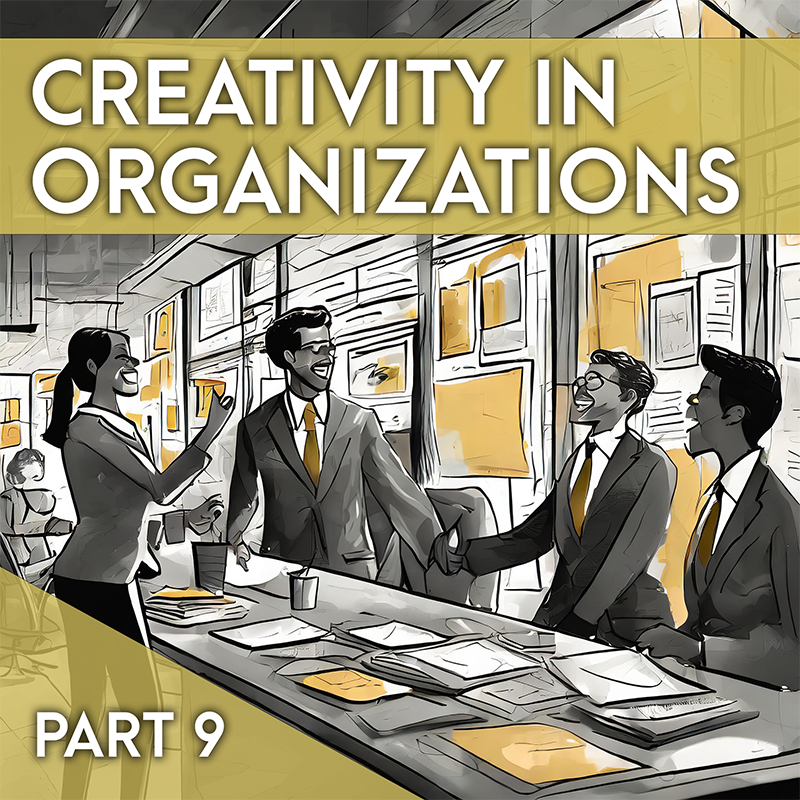
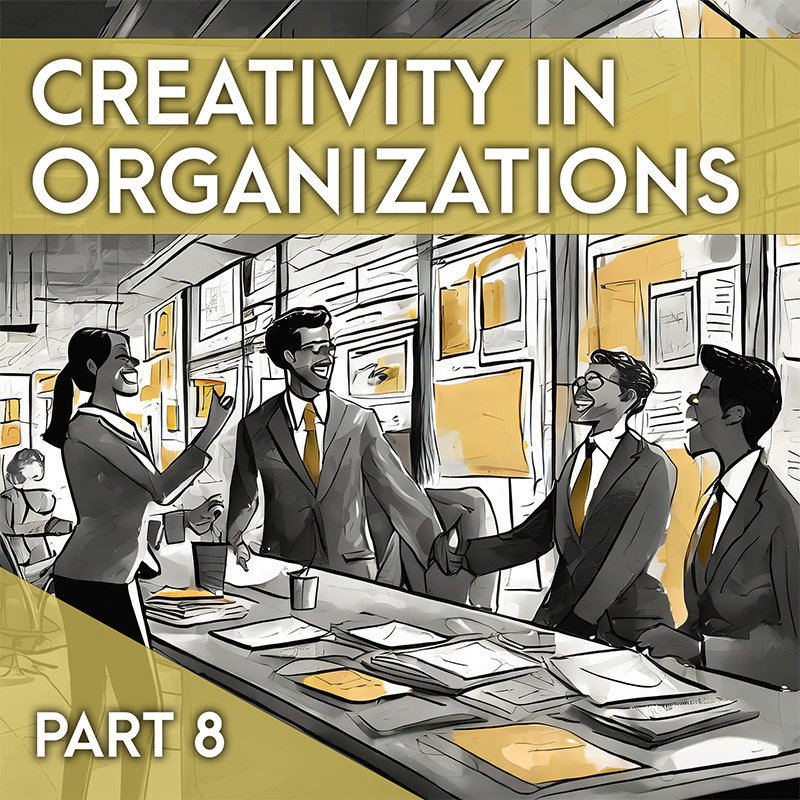
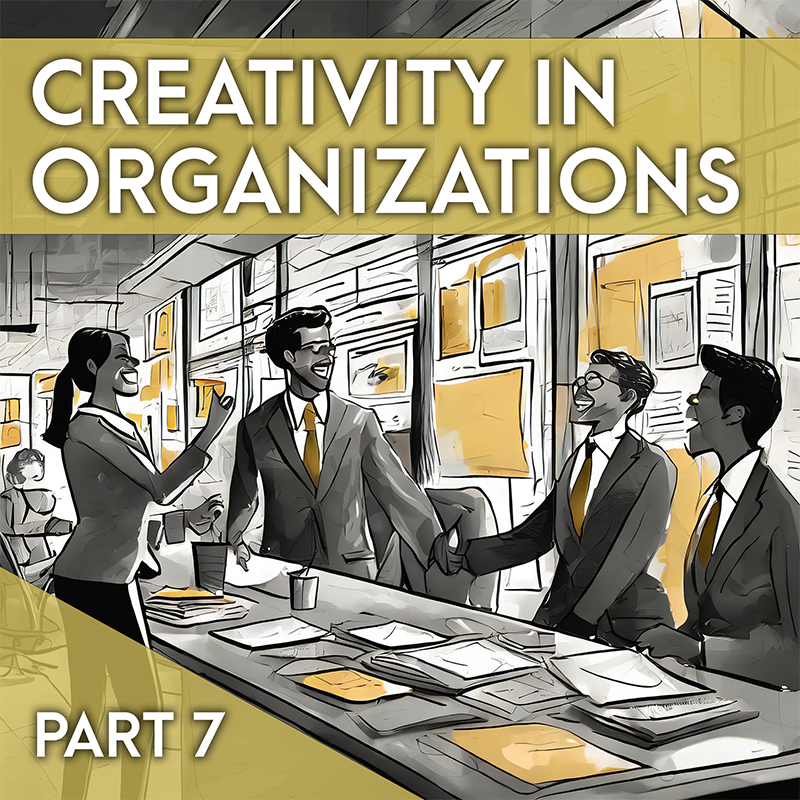
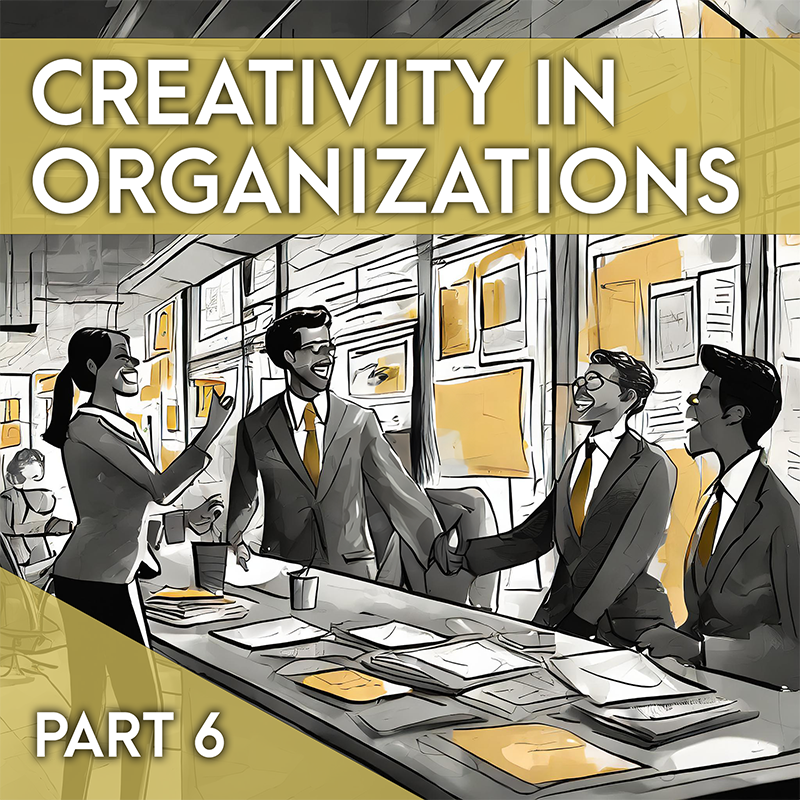
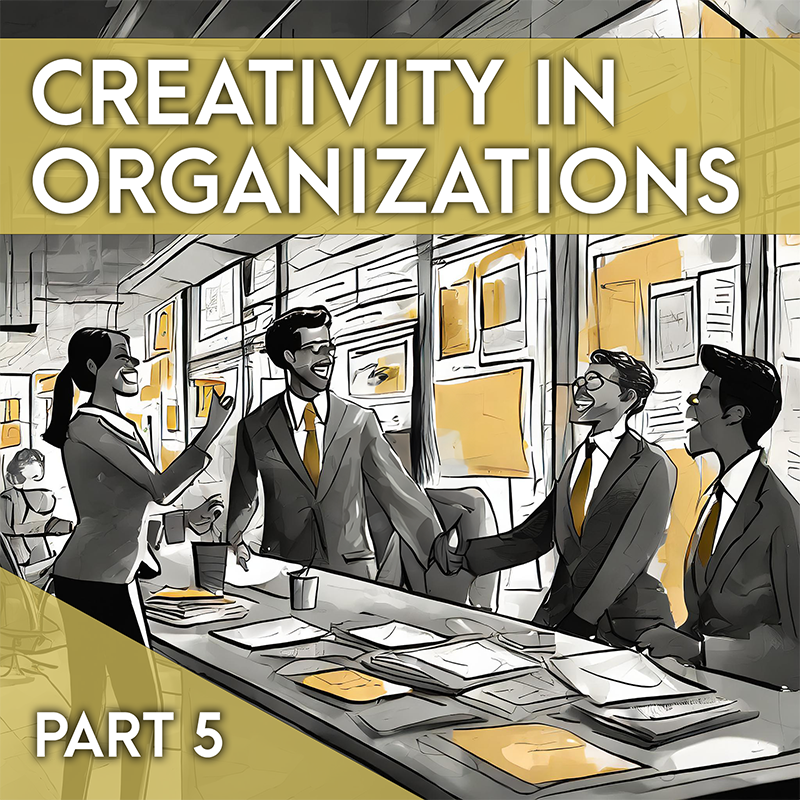
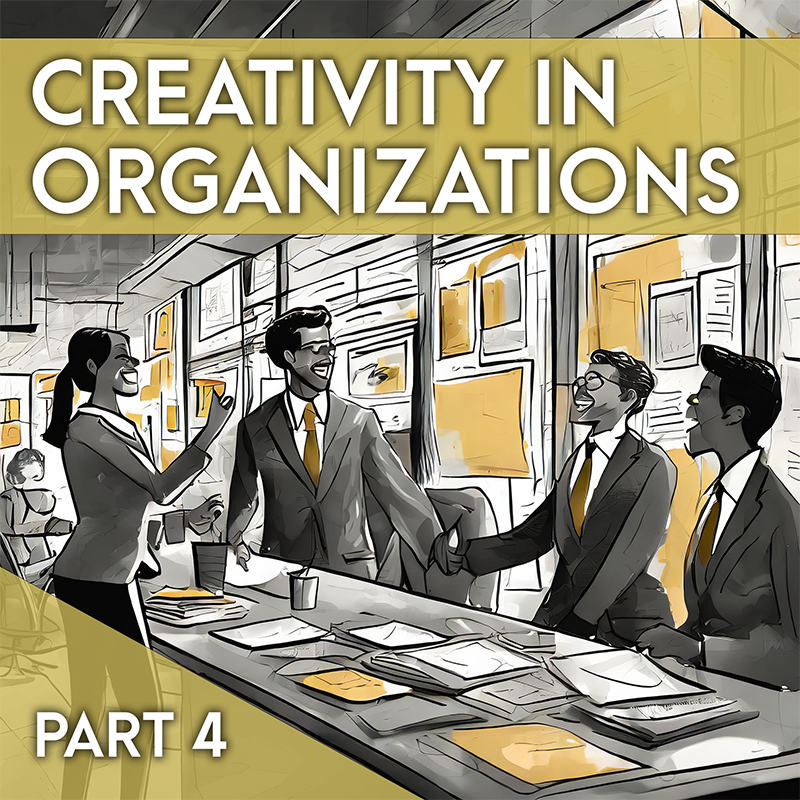
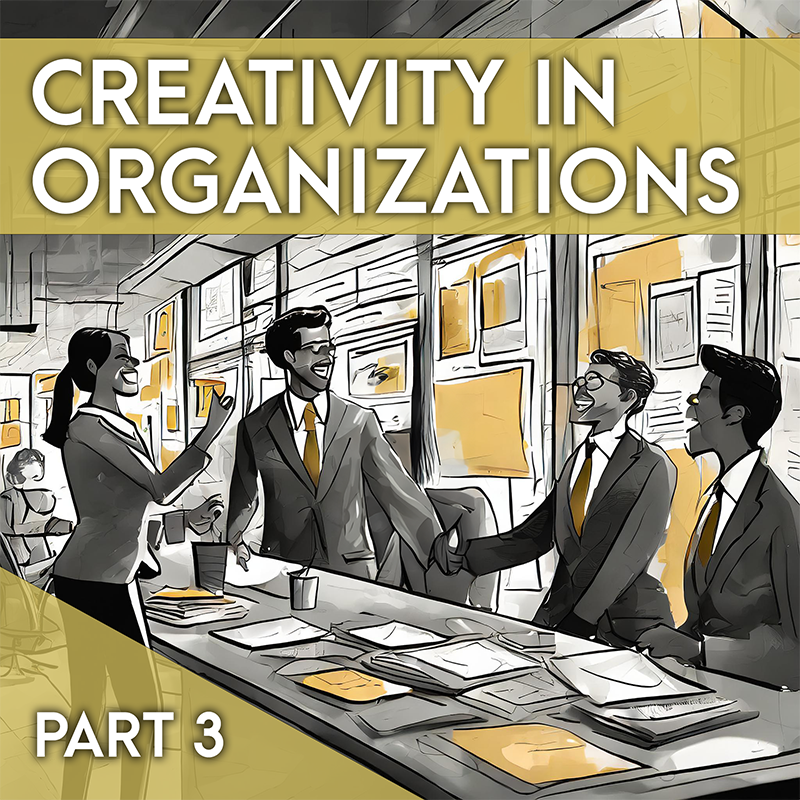
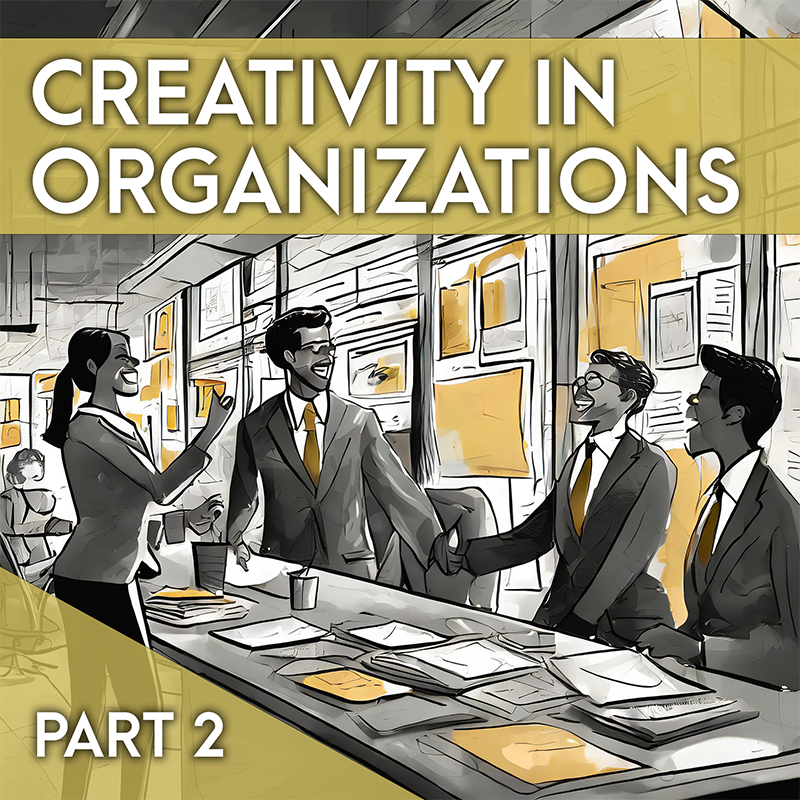
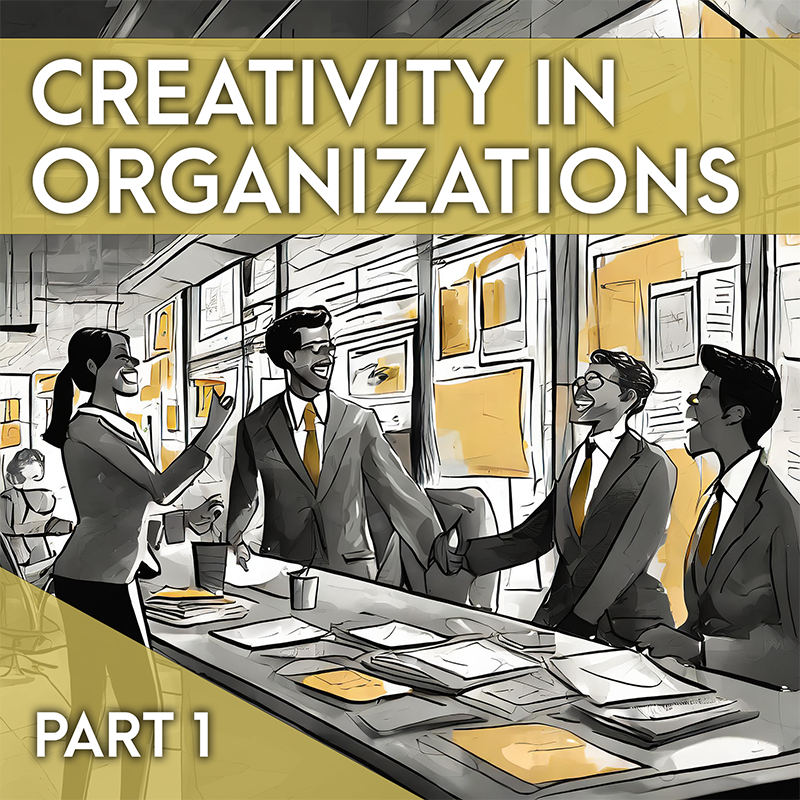
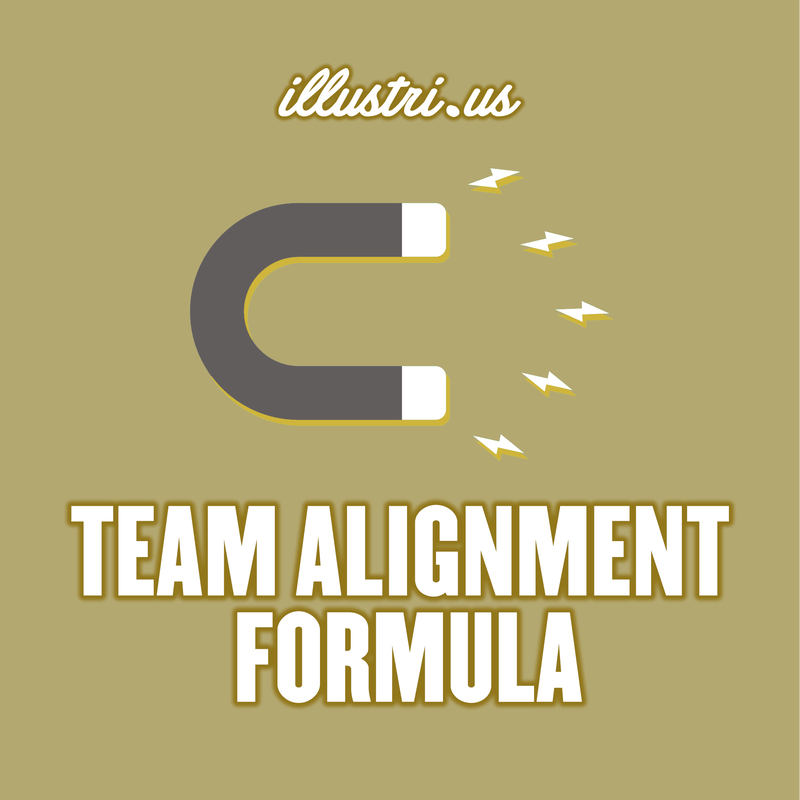
 RSS Feed
RSS Feed